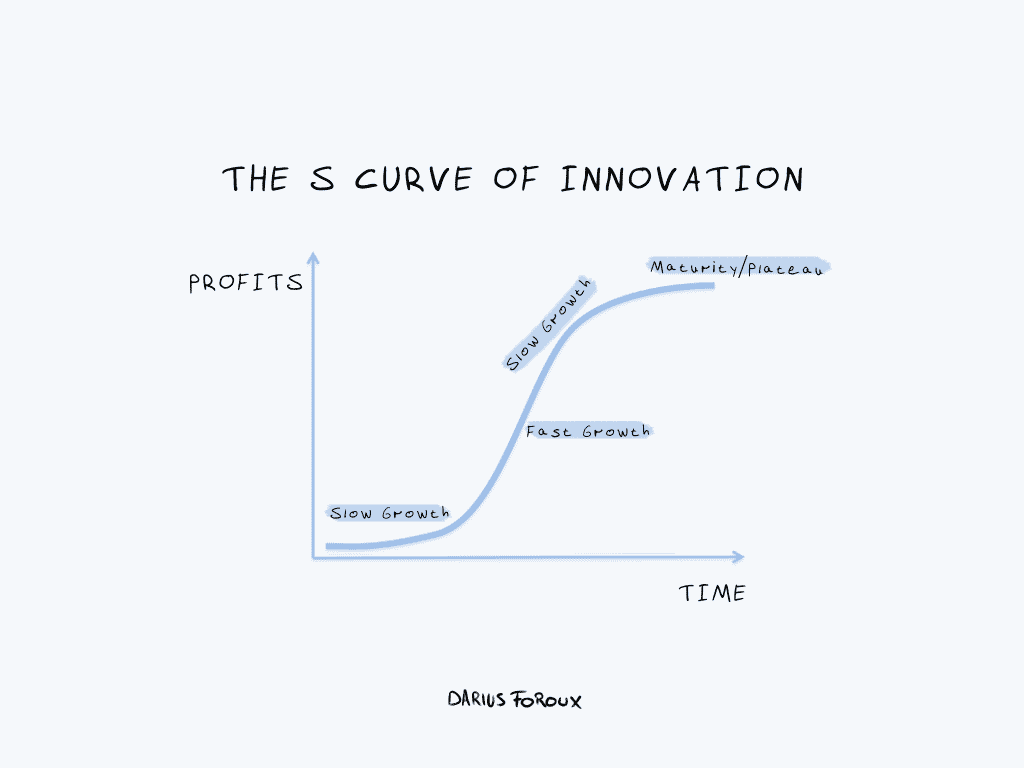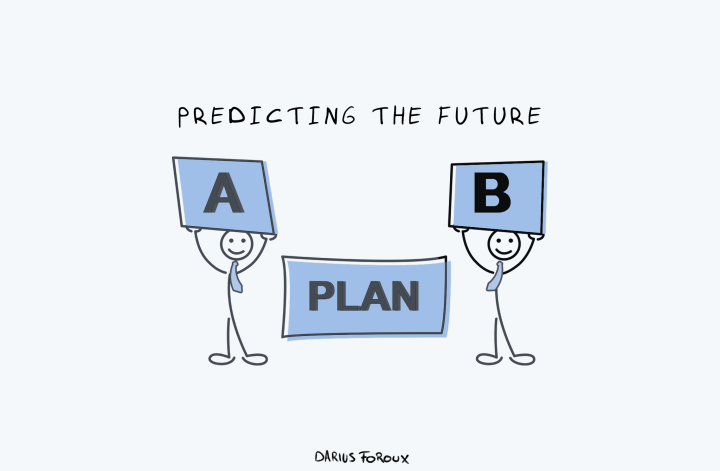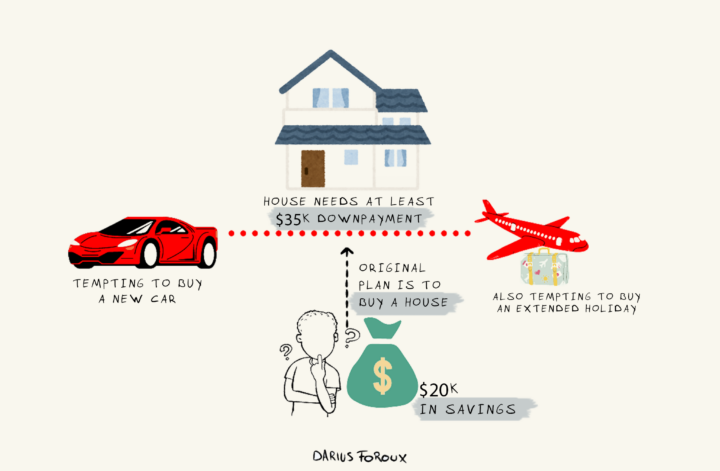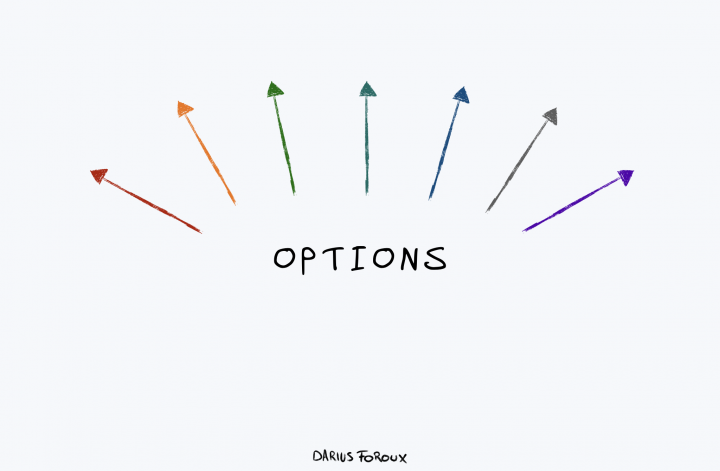I enjoy reading books that forecast the future and give you insights. One of the best books I’ve read on this topic is The Sovereign Individual by Davidson and Reese-Mogg.
The book is from 1999 and is about how we can adapt and prepare for the information age. Their forecast of what the future of our economy would look like was highly accurate.
They analyzed exciting trends and combined them with their vision of the future to make their forecast. They assumed that individuals would have more freedom and control over their financial situation.
Something that absolutely came true in the past decade. If it wasn’t for the information age, I doubt I would be doing what I’m doing now. The internet inspired me to learn more and to invest in myself. If I had to rely on my real-life network, I would probably end up in a dead-end 9-5 job like everyone else in my environment at the time.
During the past decade, I’ve read many of these types of books that aim to forecast the future. I also read many books about history to find clues about how certain events repeat themselves.
My conclusion is that predicting the future with accuracy is impossible. It’s not something one must even try. Global shocks have the power to change the course of the world in an instant.
Think of the Great Recession, 9/11, and Covid-19. These shocks have changed the world forever.
However, we can zoom in on certain trends and make predictions about that specific trend. This can help us to make certain career and investment decisions.
“Nothing will last”
Looking at historical data and patterns is a science-backed way of predicting the future. We do this in economics, business, and investing.
It’s not 100% accurate, but it’s one of the best tools we have. One thing we’ve learned from history is that nothing lasts. On the largest scale, we can say that about our planet.
At some point far in the future, planet earth comes to an end. This is also true for everything else in our economy. This type of thinking has shaped my perspective as an investor and as a person deciding what to pursue in my career.
Think of all the industries, companies, and jobs that were booming in the past, but no longer exist in that form.
During the industrial revolution, there were companies that built railroads and started operating trains. For decades, this was a booming industry. But once all the railroads were built, there was no room to grow anymore. We ran out of land.
This phenomenon is also called the “S curve of innovation.”

Major changes usually happen slowly, at first. Then explode into the mainstream. And the people who see this slow initial growth can take advantage of the sudden rise.
Now, what matters is the timeframe. Think of the oil industry, which started in the 19th century and is still very alive today. In contrast, another 19th-century invention, the telegraph no longer exists.
But at some point, the oil will also plateau. Some people have tried to predict that we will reach “peak oil” by 2030,1Source: Investopedia but similar predictions have been done in the past (like how peak oil was predicted in the 70s to happen by 2000) and they’ve been proven wrong so far. No one knows for sure. We just know that we’re getting closer to it every year.
I refer to this concept as “nothing will last.”
For example, I started a company with my father in 2010. We started refurbishing industrial laundry equipment, which are large machines that in some cases can process thousands of pounds of linen a day.
Because the global economy was still in recession or slowly recovering, our refurbishing business model worked great. But by 2013, as the economies started to recover, demand for refurbished machines slowed.
We realized that we needed to adapt so we acquired a dealership contract with an equipment manufacturer. Later on, we started developing and building our own software for these machines. Now, our family business has multiple products and revenue streams.
I used the same thinking when I started my career as a writer. I realized that the days of being solely a writer were, and still are, gone. To be a writer, I also needed to be a teacher, consultant, designer, and creator of all sorts.
Nothing lasts.
Know what you can and can’t forecast
Look, I like books that predict the future. I love the idea of knowing what to prepare for. But people who overly believe in their forecasting powers are not realistic.
Some people think we’re currently going through some kind of great reckoning that will lead to a big crisis by the end of this decade. Or that we will have a new world order in a few years.
But here’s one thing that I never hear from these types of forecasters: Maybe their ideas are wrong. History doesn’t always repeat. And it also doesn’t always rhyme.
Just like the oil example, some developments can go on for centuries. So even if your prediction is correct, your timing might be off. This is exactly why global forecasting is impossible.
However, you can forecast certain trends. You can look at your life and decisions and see where you are on the S curve. If you feel like you’re close to a plateau, it’s time to adjust.
There will always be uncertainty. No matter how many books we read or how hard we try to forecast, that will never go away.
We must deal with it as it comes. But at least we can get better at adjusting.




